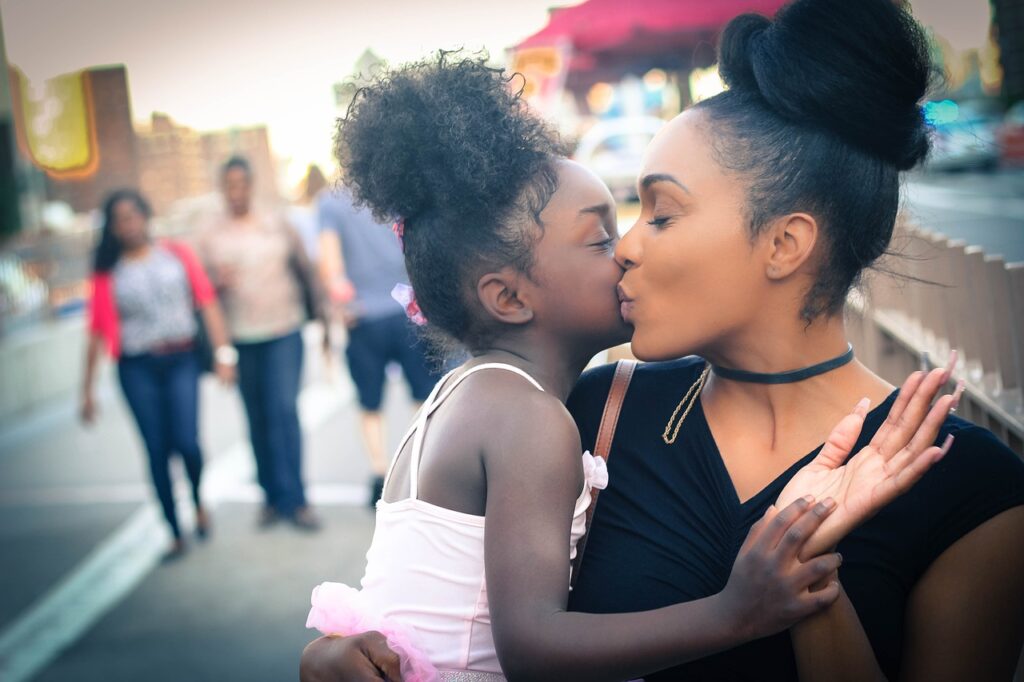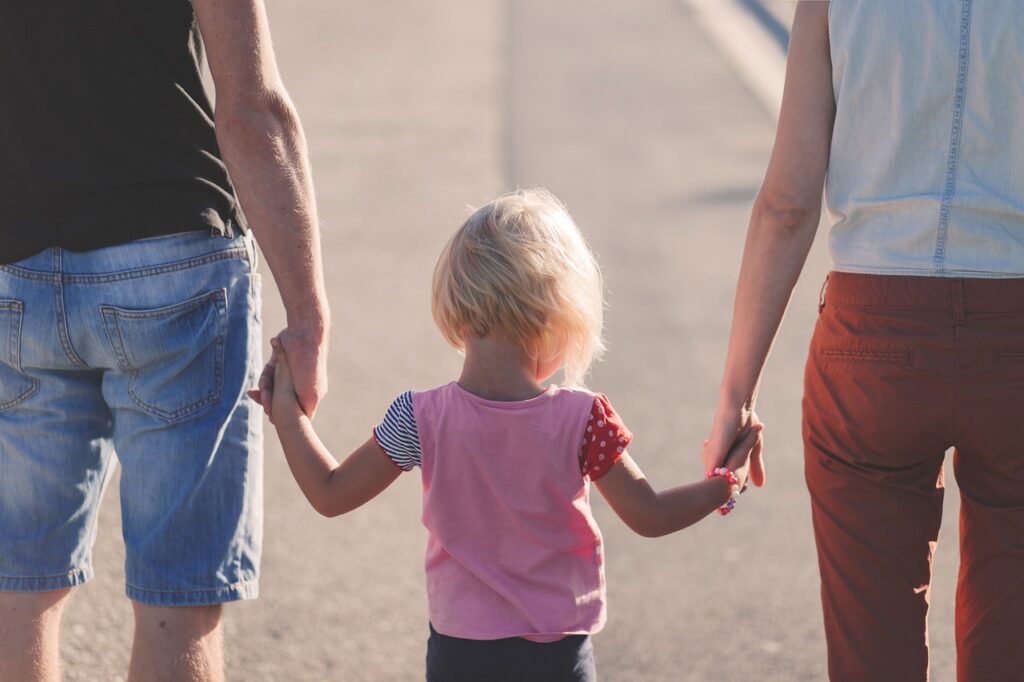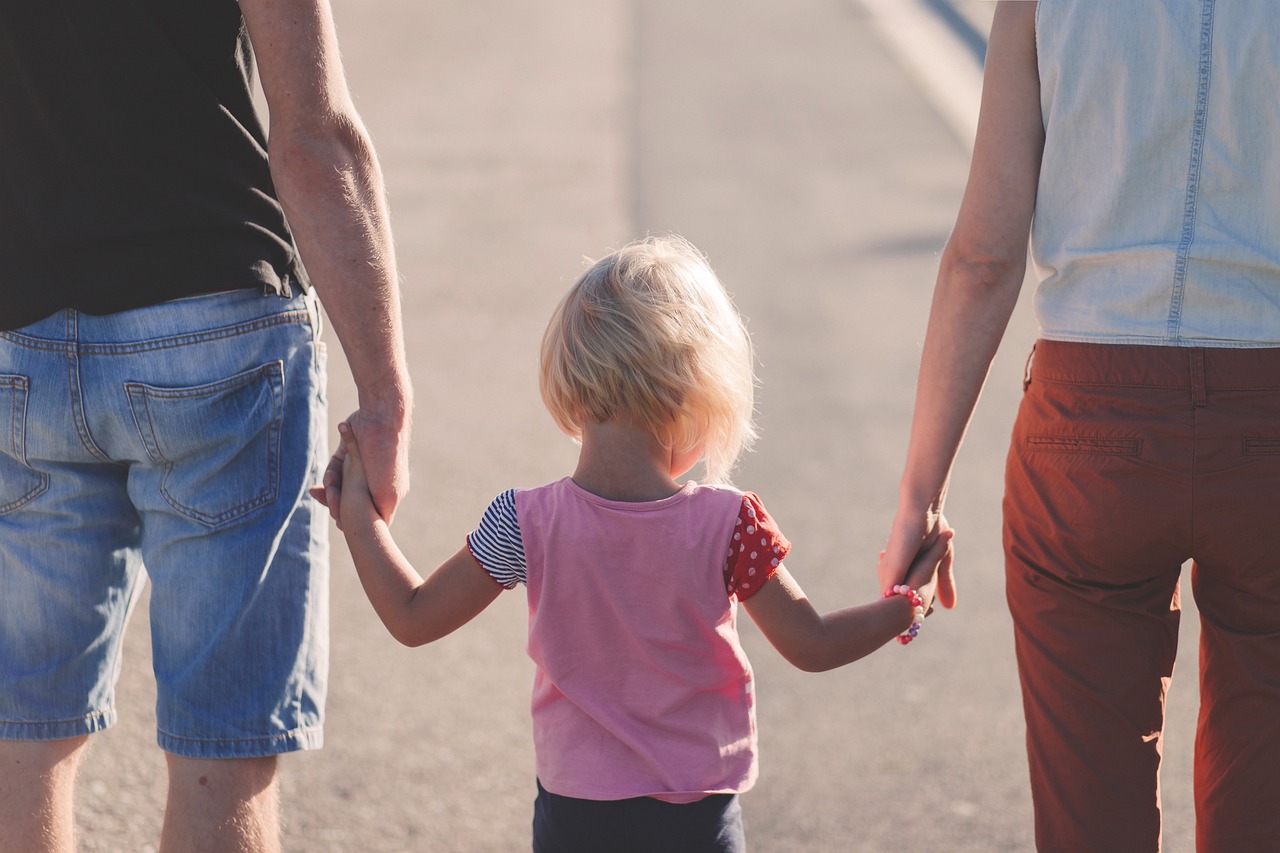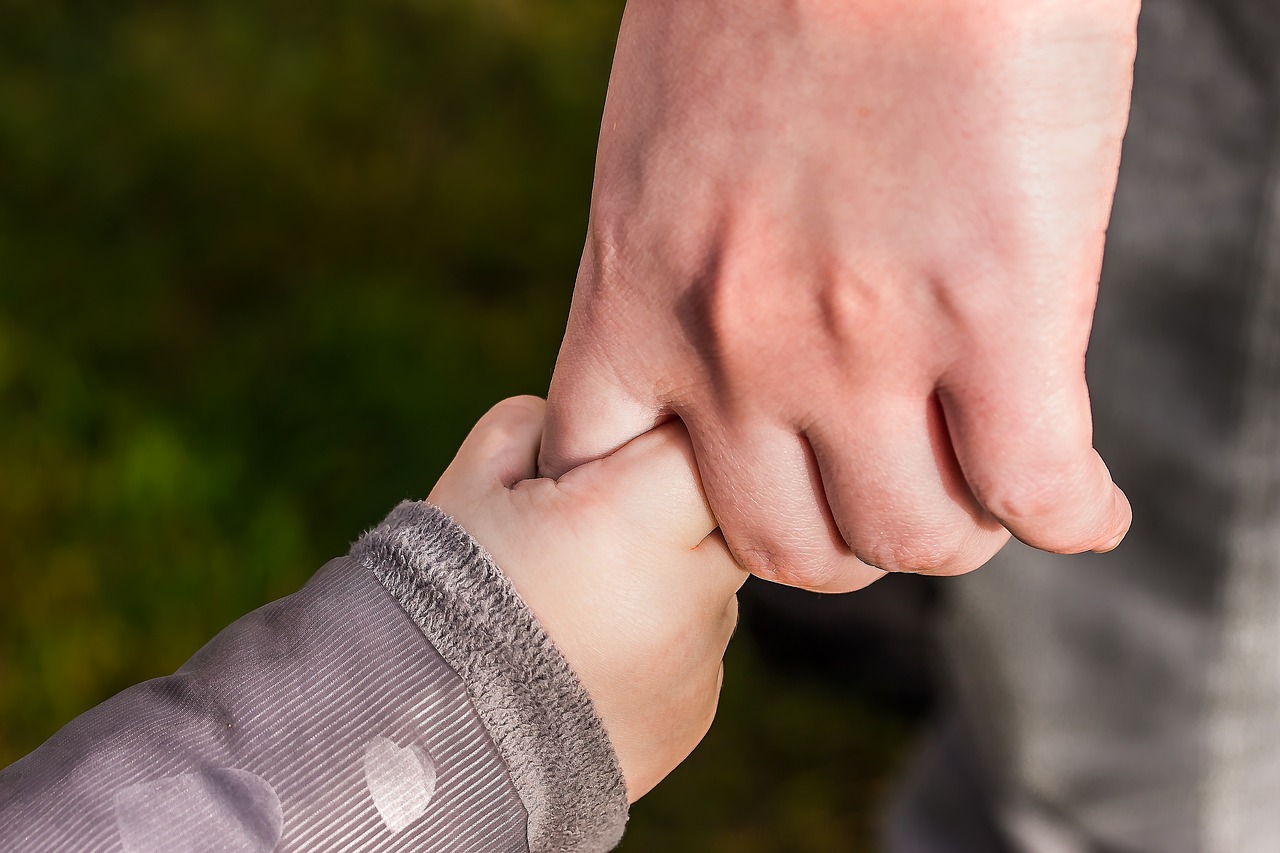Parenting is a highly emotionally charged experience. Even with the best intentions, it’s easy to lose patience and resort to yelling. Yelling might seem like a quick way to get your child’s attention or express frustration, but it comes with consequences, especially for your child’s developing brain and emotional health.
If you’ve ever walked away from a shouting match with guilt and regret, wondering how it’s affecting your child, you’re not alone. Yelling doesn’t just impact the moment. It shapes your child’s emotional patterns, stress response, and even the way they see themselves and the world around them.
The Neuroscience of Yelling: A Child’s Brain Under Stress
When a parent yells, a child’s brain goes into survival mode. The brain perceives yelling as a threat, even if there’s no physical danger. The amygdala, the brain’s alarm system, gets activated, releasing stress hormones like cortisol and adrenaline.
Over time, repeated exposure to yelling can actually alter a child’s brain structure and function. Chronic stress from high-conflict environments has been shown to affect:
- The amygdala (center of emotional reactivity and fear responses): Becoming hyperactive, leading to heightened anxiety and emotional reactivity.
- The hippocampus (memory and learning center): Shrinking in volume, which may impair memory formation and learning capacity.
- The prefrontal cortex (responsible for reasoning and emotional regulation): Experiencing reduced function, making it harder for children to regulate their own emotions and make thoughtful decisions.
In other words, yelling doesn’t teach emotional control. It disrupts the very brain systems that allow your child to develop it.

Emotional Development: What Your Child Learns From Yelling
Beyond the brain, yelling deeply influences a child’s emotional development. When a parent yells regularly, children internalize messages about behavior, their self-worth, and safety in the relationship.
Here’s what children often learn when they are frequently yelled at:
- Big emotions are dangerous – Kids may grow afraid of expressing themselves for fear of triggering anger.
- I’m bad, not my behavior – Children lack the ability to separate self from action, leading to shame-based self-perception.
- Relationships are unpredictable – Inconsistent emotional environments foster anxiety and hypervigilance in children.
- I need to yell to be heard – Children often mirror what they experience. Yelling begets yelling.
All of this undermines a child’s ability to develop secure attachment, emotional resilience, and healthy communication skills.
Why We Yell: The Reactive Parenting Loop
Most parents don’t yell because they want to harm their child. They yell because they’re overwhelmed, triggered, and stuck in unconscious emotional patterns. These reactive loops often stem from our own childhood experiences or stressors we haven’t yet processed.
This is where the Rewire Your Parenting Reactions framework comes in. In this course, we explore the underlying emotional wiring that causes you to react instead of respond. We dive into:
- The biology of stress and parenting
- The hidden emotional triggers passed down through generations
- How to shift out of fight-or-flight when you’re overwhelmed
- Science-backed tools for emotional regulation
The truth is, it’s not about being a “perfect parent.” It’s about learning to recognize your reactivity, break the cycle, and show up as the calm leader your child needs.

The Long-Term Effects of Yelling
If yelling becomes a repeated pattern, it can lead to more serious emotional consequences. Studies have shown that children exposed to harsh verbal discipline are more likely to develop:
- Increased aggression and defiance
- Low self-esteem
- Higher risk of anxiety and depression
- Poor social skills and peer relationships
- Difficulty trusting others or expressing emotions
Yelling may seem like it “works” in the short term because it gets kids to stop misbehaving or comply. But the long-term cost is connection and emotional security. And it often leads to more challenging behavior down the line, not less.
Rewiring the Way You Respond
Breaking free from reactive yelling is not about willpower. It’s about rewiring your nervous system and creating new emotional habits. Parents need tools, not shame.
Here are three small but powerful steps you can take today to begin shifting from yelling to calm connection:
1. Pause Before You React
When your child’s behavior triggers you, pause and notice what’s happening in your body. Are you clenching your jaw? Holding your breath? These are signs you’re moving into fight-or-flight. Just a few deep breaths can interrupt the pattern.
Try this: Inhale for 4, hold for 4, exhale for 6. This activates your parasympathetic nervous system and helps regulate your response.
2. Name the Feeling
Instead of shoving down your frustration or letting it explode, practice naming it: “I’m feeling overwhelmed and disrespected right now.” Naming the emotion shifts brain activity from the amygdala to the prefrontal cortex, where emotional regulation happens.
3. Repair After the Rupture
If you’ve yelled, it’s never too late to repair. Calmly acknowledge it. This can look like, “I’m sorry I yelled. That wasn’t the right way to express my feelings. You don’t deserve that.” This teaches accountability, models healthy communication, and helps rebuild trust.
Parenting Isn’t About Perfection—It’s About Progress
You are not a bad parent if you yell. You’re a human being with stress, emotions, and history. What matters is your willingness to grow. Every step you take toward emotional awareness helps you model something powerful for your child: that emotions are valid, but they can be expressed with intention and care.
Imagine raising a child who knows how to regulate their emotions, express needs clearly, and resolve conflict calmly—because you showed them how through your own transformation.
If this article resonated with you, it’s because you care deeply about your child’s emotional health—and your own. The good news? You can break the yelling cycle and rewire your parenting habits.
Check out my course, Rewire Your Parenting Reactions, where you’ll learn how to stop yelling, calm your nervous system, and parent from a place of peace instead of panic. Your transformation starts here—and so does your child’s.




